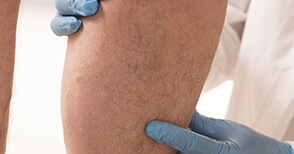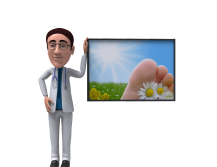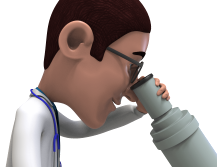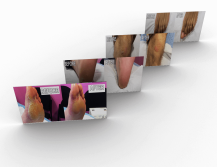
We all probably know at least something of the importance of diet and its relation to health. Hi salt, high fat and high sugar, we all know is not beneficial to the body, and cardiovascular disease and certain cancers are linked to our diet. However, who would have thought that diet can have a profound impact on foot health?
Effects of nutrition on feet
There are several medical conditions that affect foot health, many of which are affected by nutrition. Some of these conditions include:

Diabetes
Diabetes can affect the circulation in your feet, cause a loss of feeling, and trigger diabetic neuropathy (disease of the nerves). In very bad cases this can lead to ulcer formation and even amputation.

Obesity
The more you weigh the more force your feet have to bear. Obesity can lead to plantar fasciitis and heel pain. It can also worsen bunions and hammertoes.

Osteoporosis
Bones weakened by osteoporosis are more susceptible to stress fractures and trauma-related breaks. In fact, a stress fracture in the foot is often the first sign of osteoporosis.

Poor circulation
Circulatory problems caused by peripheral artery disease (PAD), smoking, diabetes, and other conditions can create various problems with your feet and legs.
Tips for proper nutrition
Although proper nutrition alone may not prevent all of the above medical conditions from forming (exercise is an important preventative factor), it can be a vital part of achieving better health – including improved foot health.
Some tips to improve your overall foot health include:

- Control blood sugar levels – There’s a saying that genetics loads the gun, and lifestyle pulls the trigger. And, in the case of diabetes, it’s certainly true. Lifestyle factors that play an important part in controlling diabetes include, amongst other factors, proper nutrition. If you suffer from diabetes, it is important to monitor and control your blood glucose levels. By keeping your diabetes in check, you can prevent symptoms and keep existing conditions from worsening.
- Eat a healthy diet – By eating a healthy diet low in saturated fat, trans fat, sodium and rich in fruits and vegetables, you can decrease the risk of PAD, reduce inflammation, and lose weight. Be sure to discuss any dietary changes with your doctor.
- Exercise regularly – Although exercise is not a form of nutrition in the traditional sense, regular exercise can help “feed” your bones and minimize bone loss. Speak with your clinician to find an exercise program that will meet your specific needs.
- Increase intake of calcium and vitamin D – It was Hippocrates that said let food be your medicine and medicine be your food. In the case of osteoporosis both calcium and vitamin D rich foods should be consumed. Vitamin D helps your body absorb calcium, which is important for bone formation. By building stronger bones with daily vitamins and minerals (not just calcium and vitamin D), you can combat the onset of osteoporosis. Do not be overly concerned whether you are getting the right intake of all the vitamins and minerals important for good bone health, as long as you are enjoying a healthy balanced diet you are more than likely getting all the nutrients important for good bone health.







